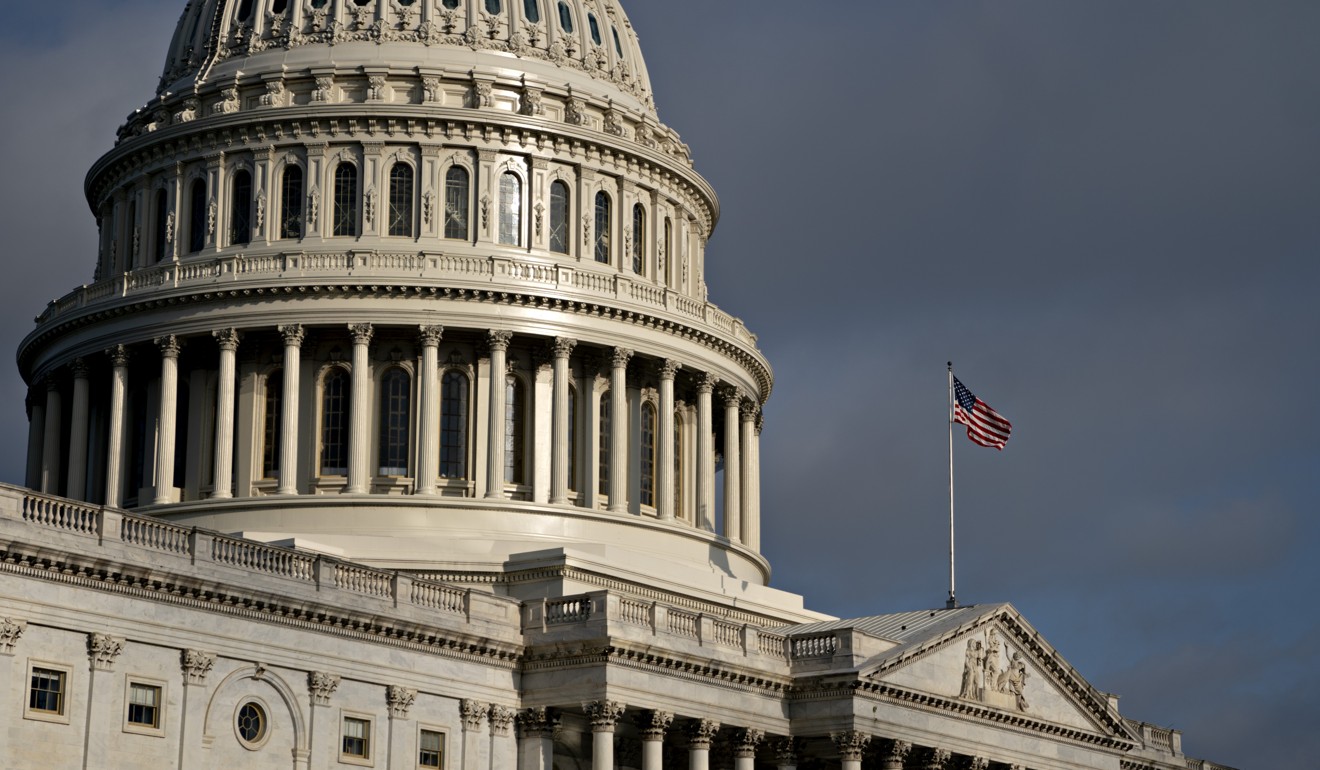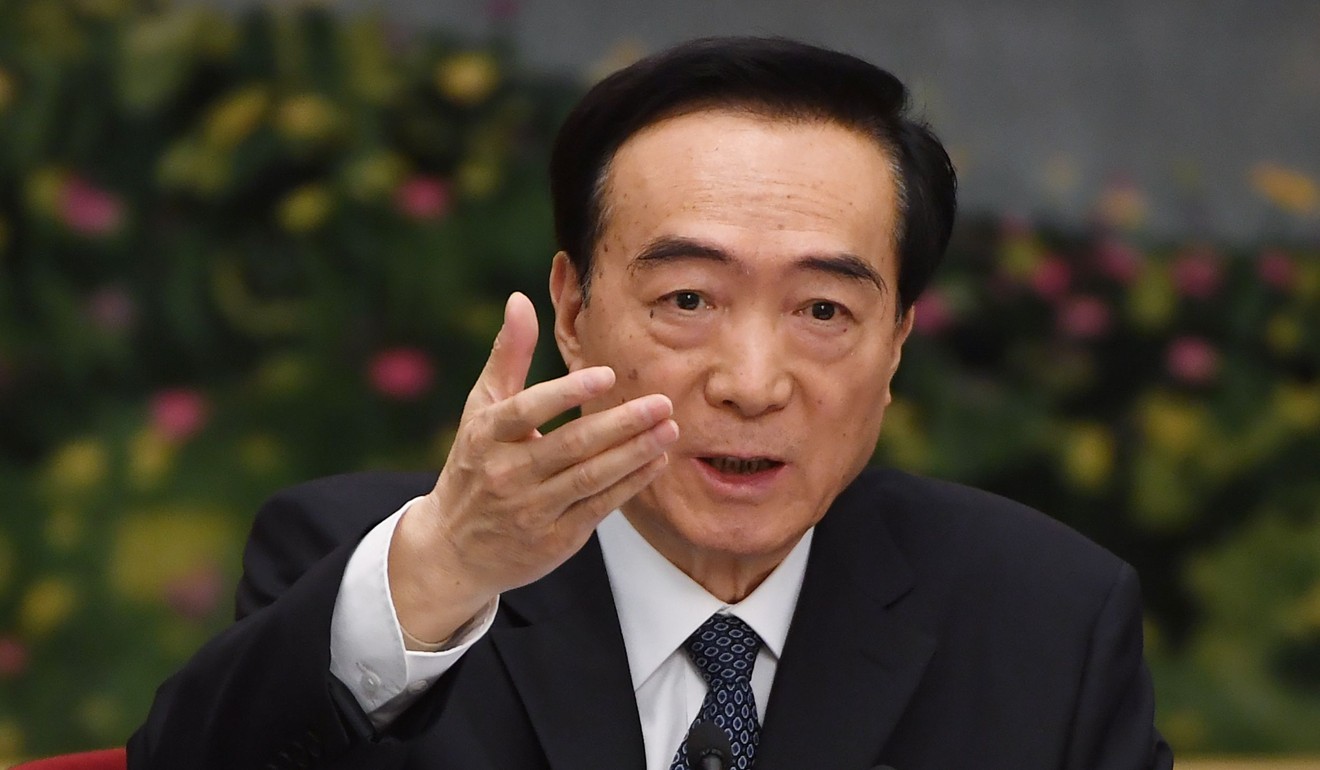
US Senate passes Uygur Human Rights Policy Act calling for sanctions on Chinese officials over Xinjiang camps
- Bill also urges Trump administration to prohibit export of goods and services to state agents in Chinese region where upwards of 1 million Uygurs are being held
- Beijing describes move as a ‘gross interference in China’s internal affairs’
The Uygur Human Rights Policy Act, which passed on Wednesday, appeals for the Trump administration to consider human rights sanctions against Chinese officials and prohibit the export of US goods and services to state agents operating in Xinjiang.
Human rights groups in the West have accused Beijing of using the camps to detain upwards of 1 million Uygurs and other minority groups and subjecting them to political indoctrination.
The bill is the latest escalation of pressure from Washington over China’s mass detention and surveillance programmes, which have faced a growing international outcry in the past two years. A second, similar piece of legislation is awaiting a vote in the US House of Representatives.
Experts said the bill’s passage represented progress on the issue but cautioned it would be only symbolic if the executive branch failed to act on its proposals.
“Given the capriciousness and demonstrated willingness of the current occupant of the White House to sacrifice principle for personal political gain, one cannot help but feel that this act could become a bargaining chip to be dealt away in pursuit of a wider deal with Beijing on trade,” said Michael Clarke, an associate professor at the Australian National University in Canberra.
But it might also spur US allies and like-minded states to initiate their own responses to the abuses in Xinjiang, he said.

Beijing on Thursday rejected Washington’s move, calling it “gross interference in China’s internal affairs”.
“We urge the US to respect the objective facts … abandon its cold war mentality and stop making use of Xinjiang matters to interfere in China’s internal affairs,” a foreign ministry spokeswoman said.
The US should “put a stop” to the act to “avoid damaging Sino-US relations”, he said.
China slams US ‘lies’ about treatment of Uygurs in Xinjiang
Beijing has described the camps as “vocational training centres” where “trainees” can learn Chinese and gain job skills to stop them becoming victims of “terrorism and religious extremism”, which it blames for the ethnic unrest that has claimed hundreds of lives across the country over the past decade.
But Uygur activists say the facilities are concentration camps and some scholars have described the crackdown in Xinjiang as “cultural genocide”.
Two of the bill’s leading supporters, Senators Marco Rubio of Florida and Bob Menendez of New Jersey, applauded the Senate’s approval of the act, calling it an important step in countering Beijing’s “widespread and horrific human rights abuses”.
“It’s long overdue for the United States to hold the Chinese government and Communist Party officials accountable for the systemic and egregious human rights abuses and probable crimes against humanity in Xinjiang,” Rubio said.
“I urge the House to swiftly pass this legislation and send it to the president’s desk.”
The Trump administration has twice stopped short of imposing economic sanctions under the Global Magnitsky Act on Chinese officials responsible for the internment camps out of concern that doing so might jeopardise the ongoing trade talks between the two countries.

Pompeo would then be required to submit a report to Congress within 90 days of the bill’s enactment to assess whether Chen and other officials deserved sanctions.
The bill also calls for the appointment of a State Department coordinator on Xinjiang and requires the department, the FBI and other federal agencies to report to Congress on issues related to security risks, the protection of US citizens from Chinese government intimidation, Beijing’s disinformation campaigns and the scope of abuses in Xinjiang.

